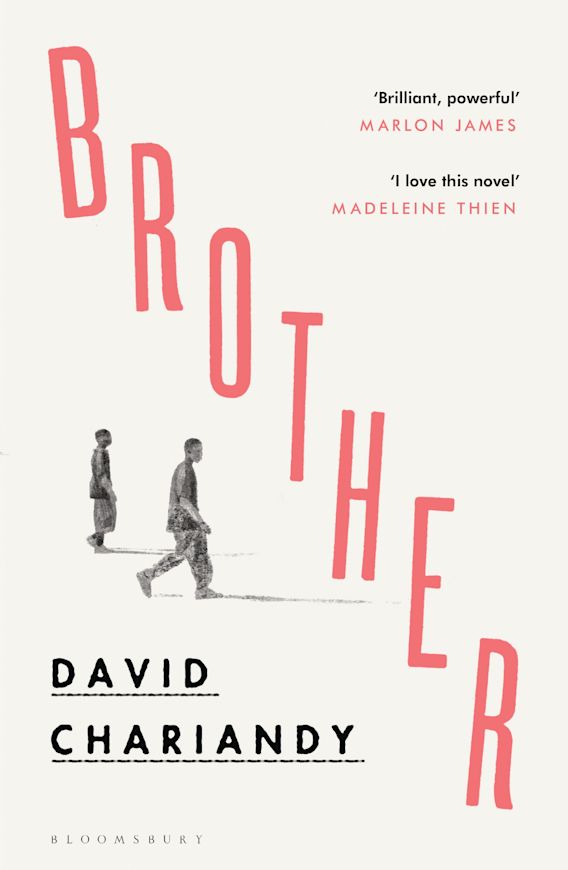
His two previous novels, Soucouyant and Brother, “most definitely do draw in very complicated ways from experiences and what felt and observed” in terms of race. “It simply makes sense to have this message in a public experience as well.”Ĭhariandy is no stranger to the discussion of racial politics. “We live out the politics of race and belonging in the public eye this is how these matters operate,” he states. “It’s only when I step out into the public eye that I become this thing called a ‘visible minority,’” he explains. I belong here.”Īfter that encounter, Chariandy set out to explain the situation to his daughter, because “within the home, I’m not a ‘visible minority.’” That racial experience would not happen in his own home, to him or his children. His book’s opening scene focuses on Chariandy and his daughter experiencing racism right here in Vancouver, when a woman pushes in front of him, stating, “I was born here. He speaks, of course, about the current political climate, with racial tensions running high most notably in the US, but also in Canada.

His response, thought out between bites of sandwich, is that “I think it’s because of the subject matter, honestly.”

After all, her reading it did not require everyone else to be able to read it, too. This then begged the question as to why he chose to publish it as a book.
/https://www.thestar.com/content/dam/thestar/entertainment/books/reviews/2017/09/29/brother-a-poetic-vision-in-the-heart-of-scarborough/david_chariandy.jpg)
The book is a deeply personal letter written to his 13-year-old daughter, “to communicate to my daughter my story about how I’ve interpreted my own experience, and perhaps, in part, the experiences of my parents.” He confirmed that his daughter had read the book, and in fact had been integral to the process, providing notes and feedback on individual chapters as well as the whole. When David Chariandy reached the door to the coffee shop, we made awkward eye contact and dithered between going for a hug or a handshake because, while this was a professional meeting, Chariandy and I had the pleasure of working together as writers just last year in his creative writing classes.Īt the time, he was working on the book we’re here to discuss: I’ve Been Meaning to Tell You: A Letter to My Daughter.


 0 kommentar(er)
0 kommentar(er)
